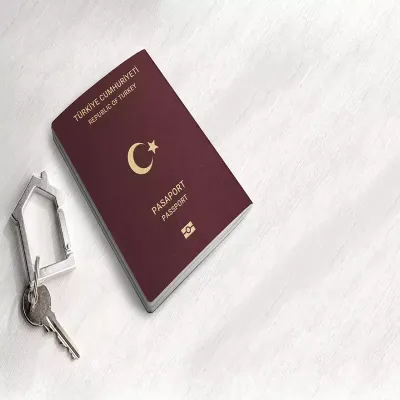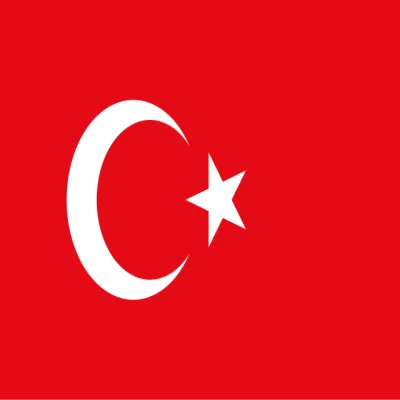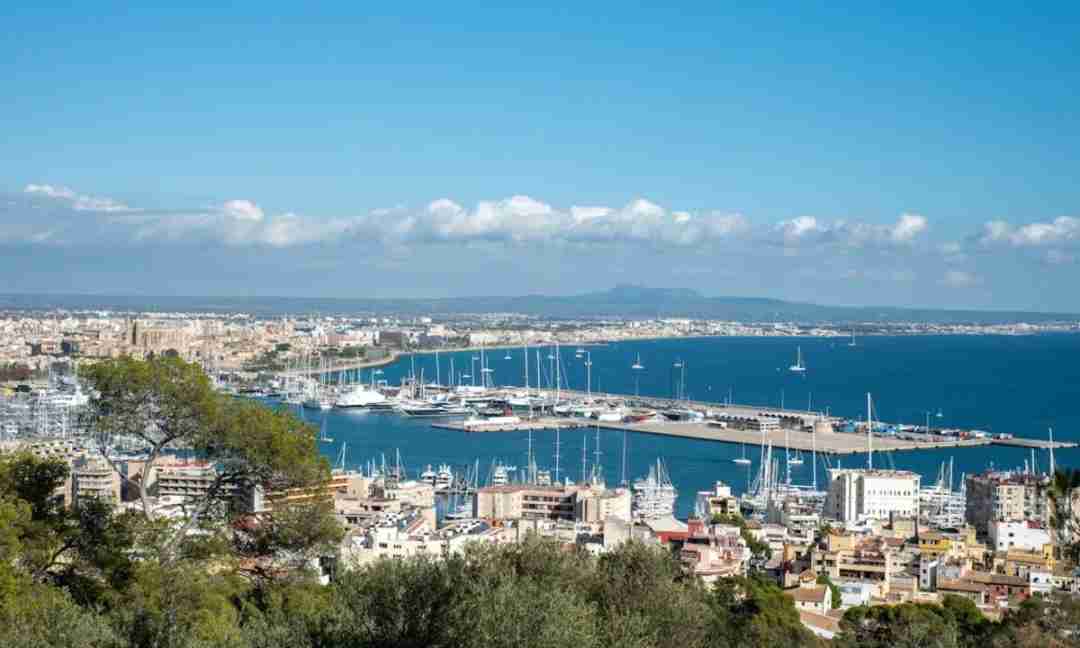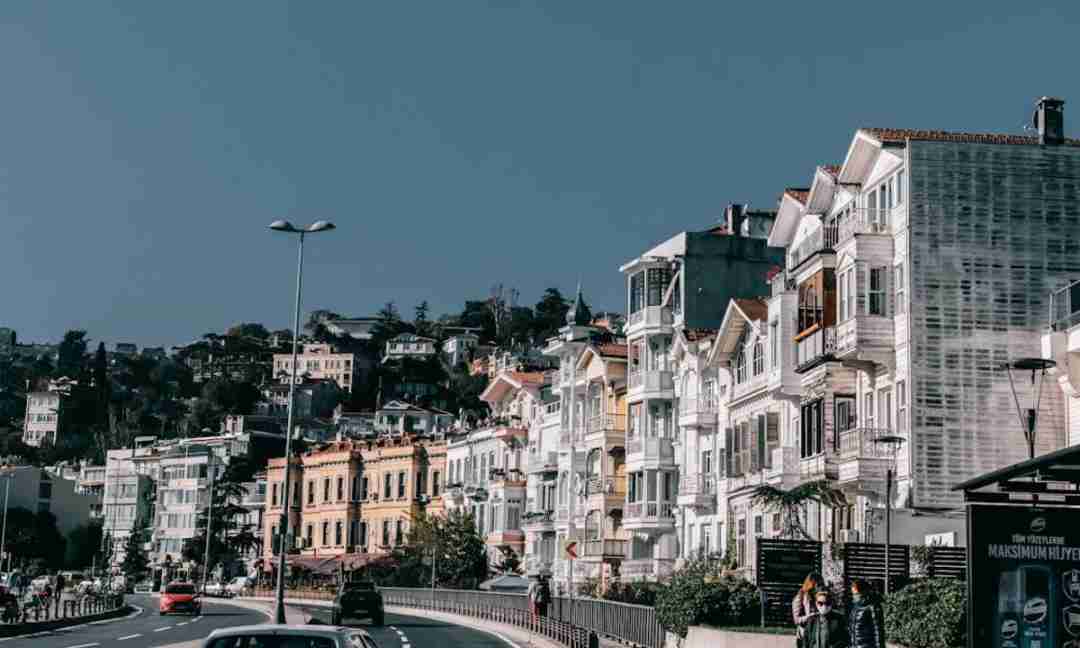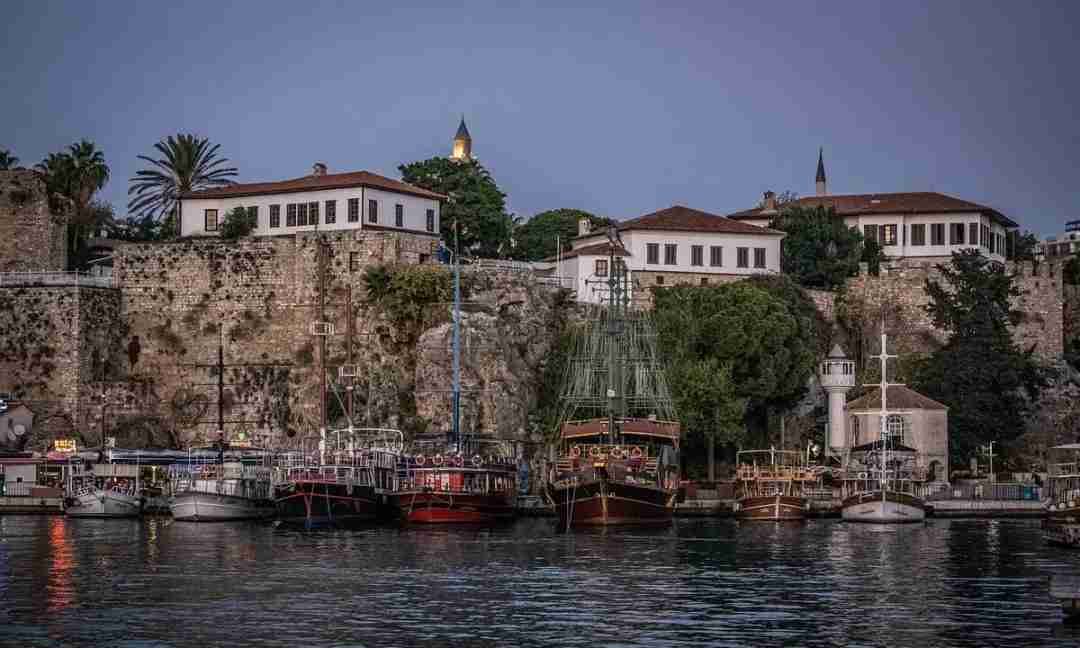Turkey, a country where East meets West, is renowned for its rich cultural heritage and vibrant celebrations. Turkish festivals and cultural events are a testament to the country’s deep-rooted traditions and diverse history. From ancient customs to modern-day festivities, these celebrations offer a unique glimpse into Turkish traditions and are an integral part of the national identity. If you’re keen to understand the heart of Turkey, immersing yourself in its festivals is a fantastic way to start. Here’s a guide to some of the major cultural events and traditions that make Turkey a colorful and dynamic place to visit.
1. Kurban Bayramı (Feast of Sacrifice)
Kurban Bayramı, also known as Eid al-Adha, is one of the most significant religious festivals in Turkey. Celebrated by Muslims around the world, this festival commemorates the willingness of Prophet Ibrahim (Abraham) to sacrifice his son as an act of obedience to God. In Turkey, the festival involves the ritual sacrifice of animals, typically sheep, goats, or cows, with the meat being shared among family, friends, and those in need.
During Kurban Bayramı, Turkish traditions come alive through community and family gatherings. Homes and streets are decorated, and special prayers are offered at mosques. The festival is also marked by a spirit of charity, with people donating a portion of the meat to the less fortunate. This period is a time for reflection, family bonding, and helping those in need.
2. Şeker Bayramı (Feast of Sugar)
Şeker Bayramı, also known as Eid al-Fitr, is celebrated at the end of Ramadan, the Islamic holy month of fasting. The festival marks the end of a month-long period of fasting from dawn to dusk and is characterized by joyous gatherings and festive activities. In Turkey, Şeker Bayramı is a time for family reunions, visits to friends and relatives, and indulging in sweet treats.
Turkish traditions during Şeker Bayramı include the preparation and sharing of various sweets and desserts, such as baklava, Turkish delight, and cookies. Homes are often filled with the aroma of freshly baked pastries, and it’s customary for children to receive “bayramlık,” or special holiday gifts, from their elders. The festival is a joyous occasion that emphasizes gratitude, togetherness, and the end of a period of spiritual reflection.
3. Cumhuriyet Bayramı (Republic Day)
Cumhuriyet Bayramı, or Republic Day, is celebrated on October 29th and marks the anniversary of the founding of the Republic of Turkey in 1923. This national holiday is a significant event in Turkish traditions, commemorating the establishment of a secular, democratic republic following the fall of the Ottoman Empire.
The day is celebrated with official ceremonies, parades, and public events throughout Turkey. In Istanbul, Ankara, and other major cities, you’ll find patriotic displays, military parades, and cultural performances. The festival is a reflection of national pride and unity, with many citizens participating in activities that honor Turkey’s history and democratic values.
4. Hıdırellez (Spring Festival)
Hıdırellez is a traditional spring festival celebrated in Turkey and several other countries in the region. Taking place on May 5th and 6th, Hıdırellez marks the arrival of spring and is associated with various folkloric traditions and rituals. The festival is dedicated to Hızır and İlyas, two revered figures in Islamic and local folklore believed to bring health and prosperity.
During Hıdırellez, people engage in various activities to celebrate the coming of spring. Traditional practices include lighting bonfires, making wishes, and performing rituals to ensure good fortune and health. The festival also features music, dance, and communal meals, with participants often gathering in parks and outdoor spaces to celebrate.
5. Mevlana Whirling Dervishes Ceremony
The Mevlana Whirling Dervishes Ceremony, also known as the Sema, is a mesmerizing spiritual ritual performed by the Whirling Dervishes of the Mevlevi Order. The ceremony is held in honor of the poet and philosopher Rumi (Mevlana), who founded the Mevlevi Order in the 13th century.
The Sema ceremony involves the dervishes performing a whirling dance as a form of spiritual meditation and devotion. The ceremony is characterized by its intricate choreography, symbolic gestures, and the accompanying music of ney (reed flute) and drums. Attending a Whirling Dervishes Ceremony offers a profound insight into Turkish traditions of spirituality and the mystical teachings of Rumi.
6. International Istanbul Film Festival
The International Istanbul Film Festival is a major cultural event that celebrates the art of cinema and brings together filmmakers, actors, and film enthusiasts from around the world. Held annually in Istanbul, the festival showcases a diverse selection of films, including feature films, documentaries, and short films.
Turkish traditions are highlighted through special screenings of local films and retrospectives of Turkish cinema’s rich history. The festival also provides a platform for emerging filmmakers and fosters cultural exchange through discussions, workshops, and networking events. It’s a celebration of both local and international film, reflecting Turkey’s growing role in the global arts scene.
Conclusion
Turkish festivals are a vibrant reflection of the country’s rich cultural heritage and traditions. From religious celebrations like Kurban Bayramı and Şeker Bayramı to national events such as Cumhuriyet Bayramı and cultural festivities like Hıdırellez, these festivals offer a window into the heart of Turkish society. Embracing these celebrations provides a deeper understanding of Turkey’s diverse cultural landscape and the values that shape its traditions. Whether you’re visiting Turkey or simply exploring its culture from afar, participating in or learning about these festivals is a wonderful way to experience the country’s vibrant and dynamic heritage.
.webp)
